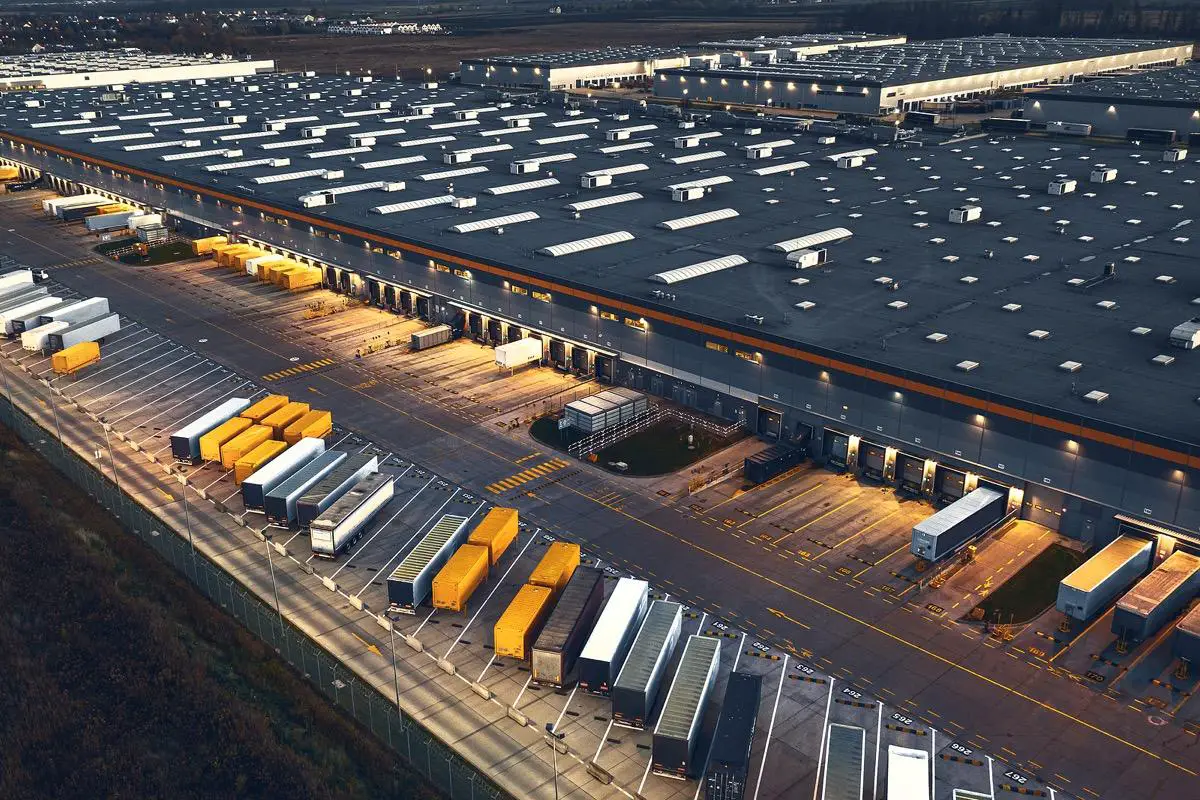Types of Warehouses: Exploring the Diverse World of Storage Facilities
Warehouses are the unsung heroes of industry because they anonymously facilitate the flow of goods and ensuring that products reach customers efficiently. They play a crucial role in the supply chain, and understanding the different types of warehouses is essential for businesses looking to optimize their logistics. In this article, we will delve into the fascinating world of warehouses, exploring their various types, functions, and the role they play in modern commerce. To learn how to choose the right warehouse, click here.
Warehouse Types
Warehouses, often considered the backbone of logistics, have come a long way from their humble beginnings. They have evolved to accommodate a wide range of products and serve diverse purposes. As an entrepreneur or business professional, having a grasp of these different types of warehouses can be a game-changer in optimizing your operations and achieving that coveted million-dollar business goal.
1. Public Warehouses
Public warehouses are third-party facilities that offer storage and distribution services to multiple clients. These types of warehouses are ideal for businesses looking for flexible storage solutions without the long-term commitment of owning or leasing their own space. Public warehouses are known for their cost-effectiveness and scalability, making them an attractive option for startups and small businesses.
2. Private Warehouses
On the opposite end of the spectrum, private warehouses are owned and operated by a single company. They provide complete control over storage and distribution operations, allowing for tailored solutions to meet specific business needs. Private warehouses are commonly used by larger enterprises with a consistent volume of goods to store and distribute.
3. Distribution Centers
Distribution centers are a specialized type of warehouse designed for the rapid movement of goods. They act as intermediaries between manufacturers and retailers, ensuring that products are efficiently sorted, stored, and shipped to their final destinations. These warehouses are strategically located to minimize transportation costs and delivery times.
4. Fulfillment Centers
In the era of e-commerce, fulfillment centers have gained significant prominence. These warehouses are optimized for picking, packing, and shipping online orders quickly and accurately. These types of warehouses are essential for businesses engaged in e-commerce, ensuring that products reach customers in a timely manner.
5. Cold Storage Warehouses
For businesses dealing with perishable goods such as food, pharmaceuticals, or flowers, cold storage warehouses are a necessity. These facilities are equipped with temperature-controlled environments to preserve the freshness and quality of sensitive products. Cold storage warehouses play a critical role in the supply chain, preventing spoilage and reducing waste.
6. Automated Warehouses
Automation has revolutionized the warehouse industry, leading to the emergence of automated warehouses. These facilities utilize robotics, conveyor systems, and advanced software to streamline operations and increase efficiency. Automated warehouses are ideal for businesses looking to reduce labor costs and improve accuracy in order fulfillment.
7. Cross-Docking Warehouses
Cross-docking is a logistics strategy where products are unloaded from incoming trucks and immediately loaded onto outbound vehicles with little or no storage time in between. Cross-docking warehouses are designed for this purpose, facilitating rapid transfers of goods and minimizing inventory holding costs. They are commonly used in industries where time-sensitive delivery is crucial.
8. Bulk Storage Warehouses
Bulk storage warehouses are tailored for businesses dealing with large quantities of raw materials or finished products. They feature high ceilings and open spaces to accommodate oversized items and bulk storage racks. Industries such as manufacturing and agriculture heavily rely on bulk storage warehouses to manage their inventories efficiently.
9. Hazmat Warehouses
Handling hazardous materials requires special precautions and facilities. Hazmat warehouses are equipped with safety measures and systems to store and manage dangerous substances safely. Compliance with strict regulations is paramount in these warehouses to ensure the safety of both workers and the environment.
10. Retail Warehouses
Retail warehouses serve as the bridge between manufacturers and retail stores. They store products ready for shipment to individual stores, ensuring that retail shelves are consistently stocked. These warehouses are vital for maintaining a smooth flow of goods in the retail industry, where consumer demand can fluctuate dramatically.
There are many warehouse types, so which one is right for my business?
Need help? Which warehouse type do you need to optimize logistics in your business? Get help from Lean Material Handling.


